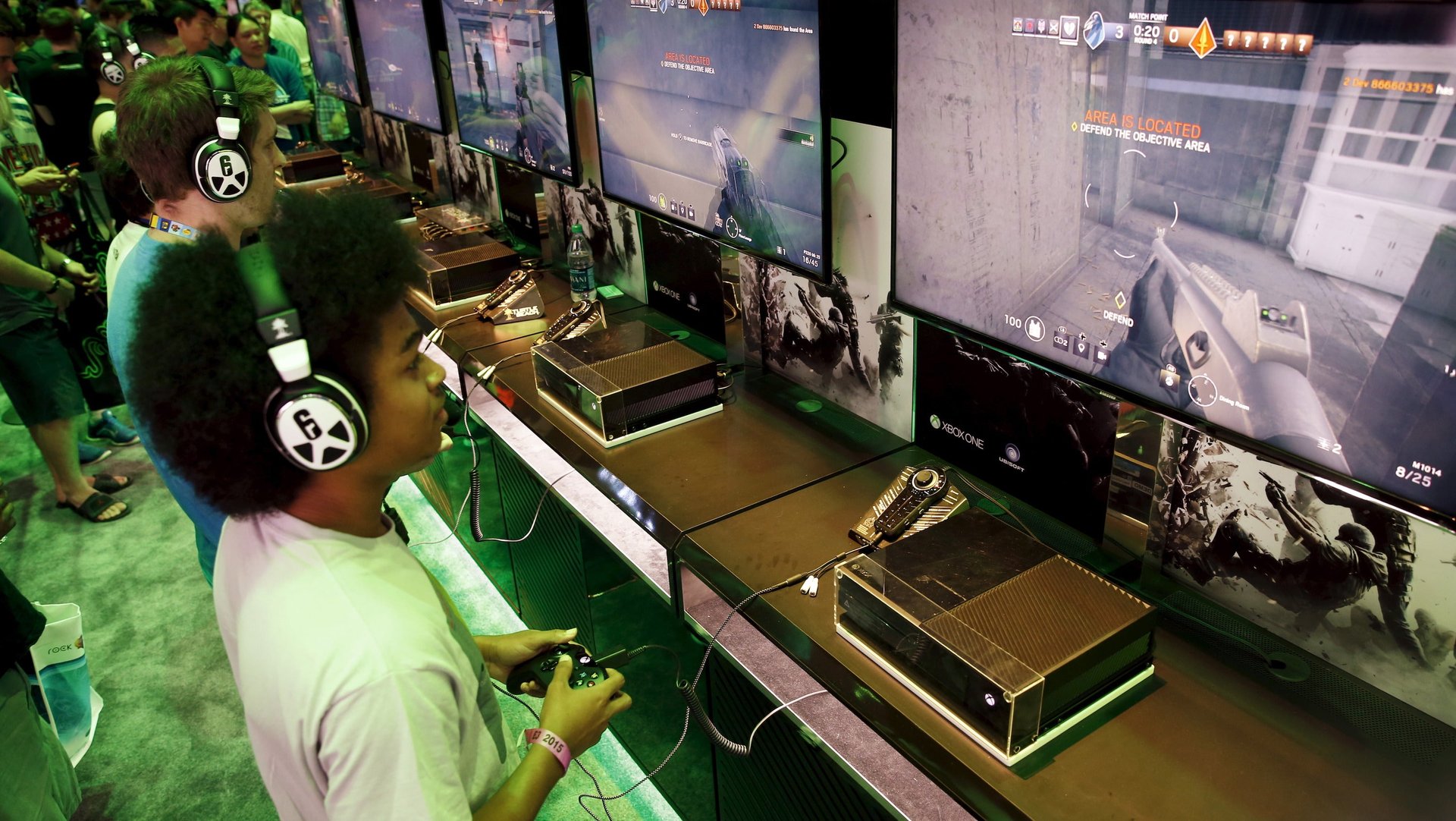Being shunned online is just as psychologically damaging as being excluded by a real-life clique
Playing online is fun, until its not. The psychological and physiological effects of cyber bullying are alarming, and sometimes fatal. The links between violent video games and real-life aggression, including criminal violence, have been repeatedly confirmed.


Playing online is fun, until its not. The psychological and physiological effects of cyber bullying are alarming, and sometimes fatal. The links between violent video games and real-life aggression, including criminal violence, have been repeatedly confirmed.
Now researchers have found that the negative psychological and behavioral effects of being excluded in computer games are just as potent as they are in real life.
Researchers at Medical University of Vienna evaluated participants’ emotional and behavioral responses to virtual exclusion. In a recent study, 45 young adult students (23 female, 22 male) wore VR glasses to simulate a Cyberball paradigm, in which co-players excluded them from playing ball for no reason. A previous study by the same authors compared participants’ (48 women age 20-29) reactions to VR Cyberball exclusion and face-to-face exclusion.
Results show there’s no significant difference in emotional and physiological reactions after face-to-face and virtual exclusion. We are all social beings, so being excluded from a group is a painful experience that threatens our fundamental social existence, whether in real life or online, says Anna Felnhofer, the studies’ co-author. When excluded, immediate emotional shifts reflect our fight-or-flight instinct: We fight—displaying increased anger or aggression—or flee—experiencing withdrawal, depressive moods, and reduced self-confidence.
Whether excluded in virtual environments or real-life, participants experienced both fight and flight reactions, and the same threats to four basic evolutionary social needs: social control, belonging, self-esteem, and social presence. VR social exclusion also causes increased uncertainty, sadness, and anger, as well as decreased happiness, says Felnhofer, who assessed emotional states via self-reported questionnaires. And the excluded participants showed higher stress responses—as measured by heart rate, cortisol levels, and heart rate variability—than participants who were included in groups.
Virtual social exclusion also affected how participants behaved after the experience—especially if the VR exclusion had been carried out by what the participant believed to be a human-controlled “avatar,” rather than a computer-controlled “agent.” (Those excluded by a computer-controlled agent could apparently diminish the painful experience by attributing it to computer malfunction or programming.)
When an experimenter “accidentally” dropped pens in front of the participant after the game, those who had been excluded by an avatar were not only sadder, but took significantly longer to pitch in and help pick up the pens.
The negative behavioral effect is troublesome: “[It] creates a vicious circle, because this behavior can prevent bonding to another social group, leading to the development of social and emotional problems and even psychological disorders,” explain the study authors. Social withdrawal and decreased self-confidence after experiencing virtual exclusion can even lead to post-traumatic stress and depression, they say.
Despite the potential negative consequences of online gaming, the authors do not advise avoiding mainstream media. “Social media and computer games are not a bad thing in themselves and it is impossible to prevent young people from moving in virtual worlds,” says Oswald Kothgassner. And it’s not all gloom online: Pleasurable VR experiences (such as flying) can positively influence social behaviors, including willingness to help others, Stanford researchers have shown.
The bottom line, he says, is “the same dangers lurk there as on the way to school.” That’s why it’s just as important to teach children how to detect and cope with unpleasant behavior online as it is to teach them how to deal with mean kids they encounter in real life.